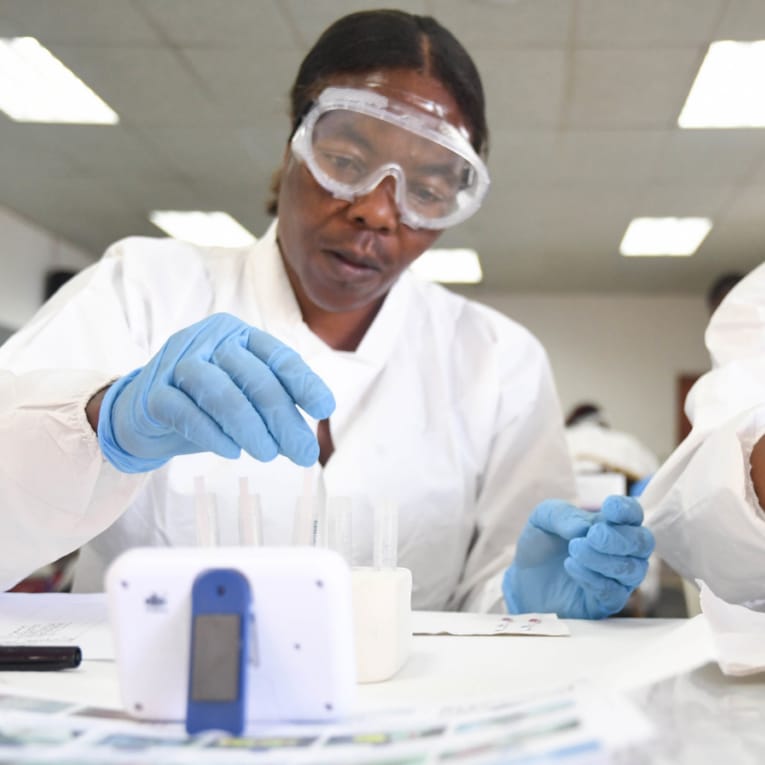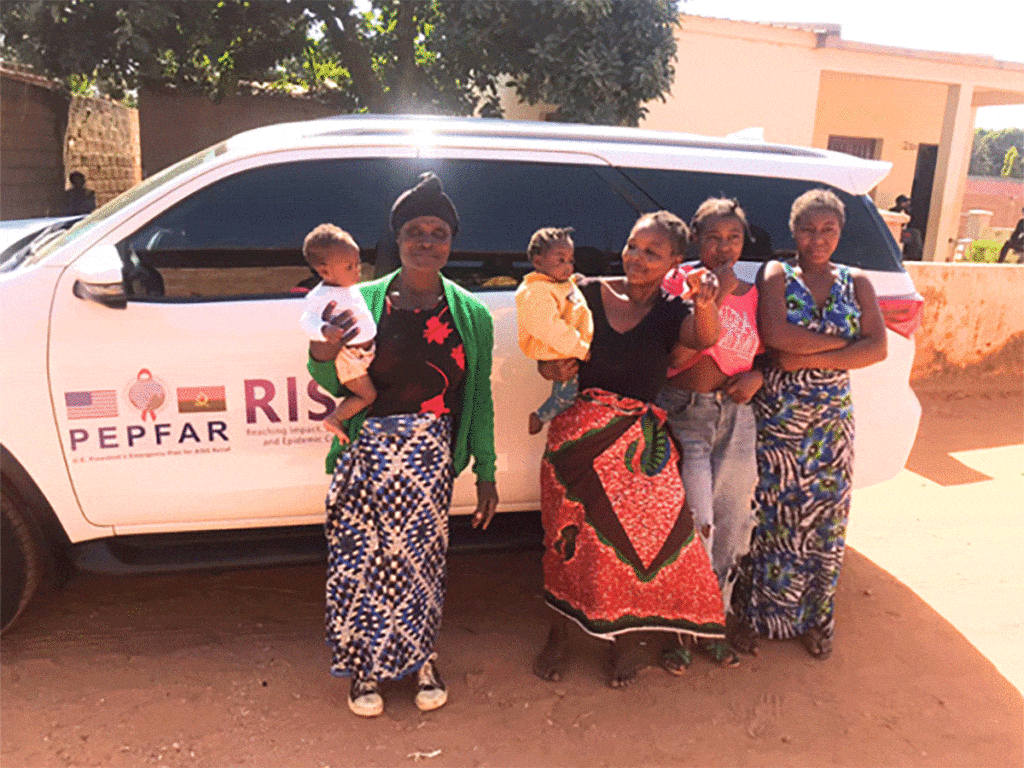Quality Improvement
Quality Improvement
Quality health services are an essential component of efficient health systems. As the global response to HIV advances, and as programs mature from an emergency to a sustained response, greater focus is being dedicated to quality in order to improve population health.
Quality improvement (QI) is a systematic approach that uses the scientific method to analyze and improve health system performance based on appropriate standards of care. Quality improvement uses a specific methodology to continuously plan, implement, and adapt solutions that lead to improved outcomes.

ICAP’s Focus on Quality Improvement
Aligning our priorities with PEPFAR’s aim to achieve the UNAIDS 90-90-90 targets through improving quality of care, ICAP’s QI approach is consistent with national guidelines in PEPFAR partner countries and supports activities to:
- Increase access to HIV prevention, treatment, and testing services
- Improve linkages within and between programs
- Support retention in care and adherence to treatment for people living with HIV
ICAP collaborates with ministries of health and other stakeholders to develop and implement data-driven HIV programs and support QI in low-resource settings. ICAP uses a flexible, evidence-based approach to QI that is supportive of national guidelines and strategies, including two well-known methodologies: the Model for Improvement (MFI), which includes the Plan-Do-Study-Act (PDSA) cycle, and the QI Collaborative (QIC) approach






